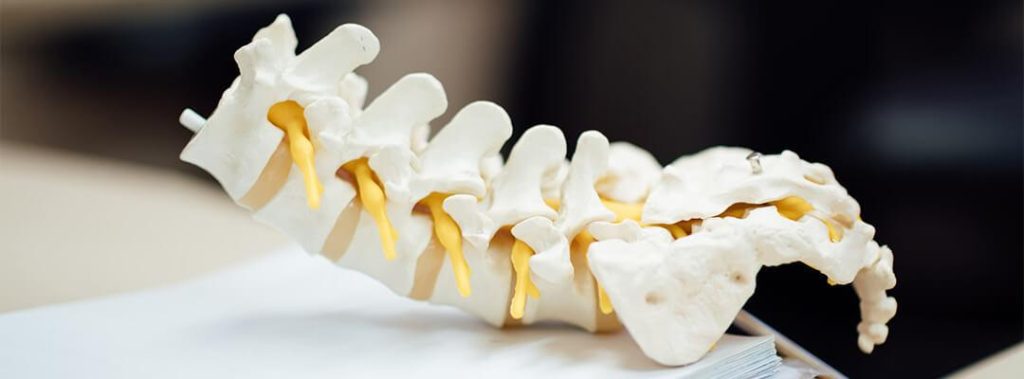DESERVE FOR YOUR INJURIES
Focus on your health and recovery, while we focus on the rest.
Back pain is a prevalent issue for individuals who have experienced a car accident. Research indicates that as many as 80% of people involved in car collisions report some level of back discomfort, with the majority suffering from lower back pain. This blog post will explore the causes of back pain following an accident, the various types of back pain you might experience, and effective strategies for alleviating this pain.
Back pain following a car accident typically results from damage to the muscles, ligaments, or other soft tissues in the back. This damage can stem directly from the impact of the collision or from the body being violently jostled during the incident. Additionally, pre-existing conditions like degenerative disc disease or spinal stenosis may worsen due to the trauma of an accident, contributing further to back pain.
Post-accident back pain can manifest in several forms:

Back pain injuries can significantly impact your daily life and ability to work. These injuries might occur in the workplace or as a result of an accident, such as a car crash or slip and fall. When faced with such injuries, it’s crucial to understand the legal avenues available for compensation: worker’s compensation claims and personal injury lawsuits.
Worker’s compensation is an insurance program that provides benefits to employees who suffer work-related injuries or illnesses, including back pain. This system is designed to help cover medical expenses and lost wages without the need to prove employer negligence. It’s a no-fault system, meaning benefits can be obtained regardless of who was at fault for the injury.
Benefits of worker’s compensation include:
However, worker’s compensation does not cover non-economic damages such as pain and suffering or loss of quality of life. Additionally, accepting worker’s compensation benefits typically precludes you from suing your employer for the injury.
If your back pain injury was caused by someone else’s negligence—outside of your employment relationship—you might consider filing a personal injury lawsuit. This could include scenarios like car accidents, unsafe conditions in a public space, or defective products.
A personal injury lawsuit can offer a broader range of compensation than worker’s compensation, including:
To succeed in a personal injury claim, you must prove that another party’s negligence directly caused your injury. This process can be complex and often requires detailed evidence and expert testimony.
Whether to pursue a worker’s compensation claim or a personal injury lawsuit—or potentially both—depends on the specifics of your situation, including the cause of your injury and the jurisdiction. Consulting with legal professionals who specialize in these areas can provide clarity and direction. They can help assess the merits of your case, navigate the legal system, and advocate on your behalf to ensure you receive the maximum compensation possible.
Understanding the nuances between worker’s compensation and personal injury claims is essential for anyone suffering from back pain injuries, as the right legal path can significantly affect the support and compensation you receive.
To effectively manage back pain after a car accident, consider the following steps:
Back pain is a significant concern for those involved in car accidents. By seeking prompt medical care, adhering to a structured treatment plan, and practicing good back care during recovery, you can alleviate pain and enhance your overall health and well-being.